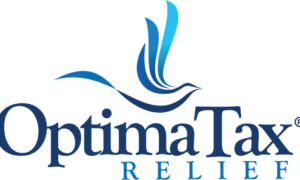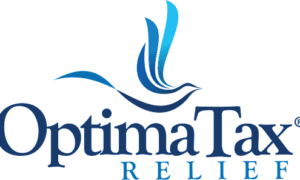As tax season approaches, many Americans may find themselves feeling anxious about the possibility of an IRS audit. While audits are relatively rare, they can be a stressful and time-consuming experience. To help ease any worries, it’s important to know what red flags the IRS looks for when selecting returns to audit. Optima Tax Relief reviews some of the top red flags for an IRS audit.
Round Numbers
If a tax return contains a lot of round numbers, it may raise a red flag for the IRS. An example would be if a taxpayer owns a small business and they reported they spent $3,000 on materials, $2,000 for advertising, and $1,000 on legal fees. While there is nothing inherently wrong with reporting round numbers, they can make their return look suspicious, especially if they have not provided detailed documentation to support their claims.
Missing Income
Companies and financial institutions all send the IRS statements of income a taxpayer earned throughout the year. This can include any W-2s from an employer, Form 1099-NEC for contract work, Form 1099-B for investment income, and more. If the IRS notices that the amount of income reported does not match the income earned, the tax return can be flagged, and the taxpayer could be audited. Taxpayers should note that not having the proper documentation is no excuse for underreporting income. Taxpayers should wait for all tax documents before trying to file their tax return to avoid inaccurate returns or having to amend their returns.
Excessive Credits or Deductions
Taking large deductions and credits on a tax return can also raise a red flag for the IRS. While credits and deductions are an important way to reduce taxable income, they must be supported by proper documentation. If a taxpayer takes a large deduction or credit without proper documentation, the IRS may take a closer look at their return to ensure that they are not claiming items they are not entitled to.
Earned Income Tax Credit
A tax return that claims the Earned Income Tax Credit (EITC) is scrutinized more than one that does not. In fact, audit rates have dropped overall, but the drop has been smaller for those who claim the EITC. The EITC is worth up to $6,935 for tax year 2022 and is available to taxpayers who meet certain income qualifications and who did not earn over a certain amount of investment income.
In conclusion, while there is no surefire way to avoid an IRS audit, being aware of these red flags can help reduce chances of being selected for review. If a taxpayer is unsure whether a particular deduction or transaction will raise a red flag, it may be wise to consult with a tax professional before filing their return. Taxpayers should remember the key to avoiding an audit is to be honest, accurate, and thorough in their tax reporting.

































